In today’s fast-paced and competitive business landscape, effective marketing advice can make all the difference between success and obscurity. Whether you’re a seasoned entrepreneur, a small business owner, or just starting out on your entrepreneurial journey, seeking valuable marketing advice is crucial to gaining a competitive edge and achieving your business goals.
Imagine having a wealth of knowledge and insights at your fingertips, guiding you through the complexities of promoting your products or services, reaching your target audience, and maximizing your brand’s visibility. Marketing advice provides a roadmap to help businesses effectively communicate their message, stand out from the crowd, and build strong connections with their target audience.
Throughout this article, we will delve into the world of marketing advice, exploring essential techniques, golden rules, and tailored advice for different business types. So, fasten your seatbelt and get ready to embark on a journey of marketing wisdom.
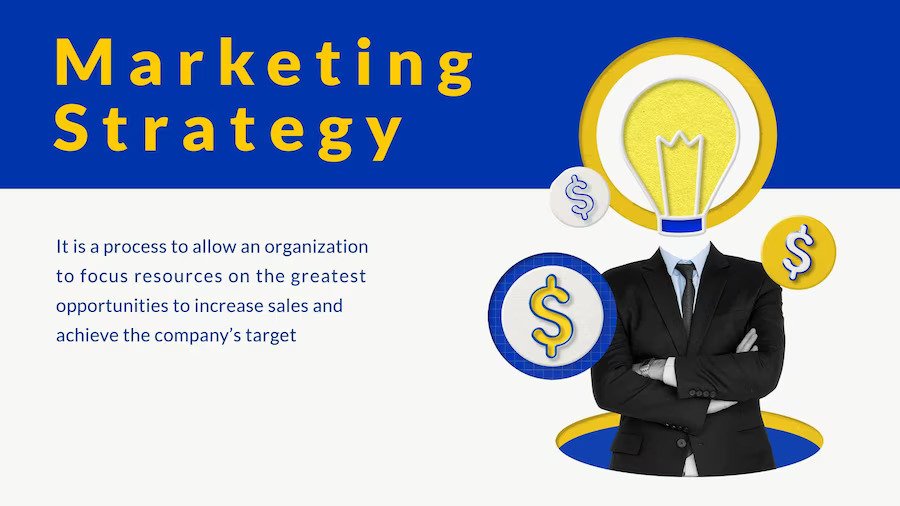
Table of Contents
What is Marketing?
Marketing is the art and science of connecting businesses with their target audience. It encompasses a wide range of activities and strategies aimed at promoting products, services, or ideas and creating a favorable perception among consumers. At its core, marketing is about understanding customer needs and delivering value in a way that resonates with them.
Key Components of Marketing
Marketing involves much more than just advertising and selling. It encompasses a holistic approach that involves market research, analysis, planning, execution, and evaluation. The ultimate goal is to create and nurture long-term relationships with customers, resulting in increased brand loyalty, customer satisfaction, and ultimately, business growth.
Target Audience Analysis
Understanding your target audience is the foundation of effective marketing. It involves researching and analyzing the demographics, psychographics, behaviors, and preferences of your ideal customers. By gaining insights into their needs, desires, and pain points, you can tailor your marketing efforts to resonate with them and deliver personalized experiences.
Market Research
Market research is a crucial component of marketing that involves gathering and analyzing data about the market, competitors, industry trends, and consumer behavior. It helps identify opportunities, assess market demand, and uncover valuable insights that inform strategic decision-making. Market research enables businesses to make informed choices, develop effective marketing campaigns, and stay ahead of the competition.
Customer Segmentation
Customer segmentation involves dividing your target market into distinct groups based on specific characteristics, such as demographics, psychographics, or buying behaviors. By segmenting your audience, you can create targeted marketing messages, tailor your offerings to meet their unique needs and improve the overall effectiveness of your marketing efforts.
Brand Positioning
Brand positioning refers to how you differentiate your brand from competitors in the minds of consumers. It involves defining and communicating the unique value proposition of your products or services, establishing a compelling brand identity, and creating a positive perception among your target audience. Effective brand positioning helps build trust, credibility, and customer loyalty.

Essential Marketing Techniques and Strategies
We covered conversion rate optimization, content strategy, email marketing, and social media advertising. These techniques can enhance your marketing efforts, improve customer engagement, and drive conversions.
Conversion Rate Optimization
Conversion rate optimization (CRO) is the process of improving the percentage of website visitors who take a desired action, such as making a purchase, filling out a form, or subscribing to a newsletter. It focuses on optimizing the user experience and making data-driven improvements to increase conversions. Here are some tips for improving conversion rates:
-
- Conduct thorough website analysis: Identify areas of your website that may be hindering conversions and make necessary improvements. Analyze user behavior, navigation flow, and page load times to optimize the overall user experience.
- Use compelling and persuasive calls-to-action (CTAs): Clearly communicate the value proposition of your offering and use persuasive language to encourage visitors to take action. Ensure that your CTAs are visible, prominent, and easy to understand.
- Simplify the conversion process: Minimize the number of form fields or steps required for users to convert. Make it as easy as possible for visitors to complete their desired actions without unnecessary friction.
- Implement A/B testing: Test different variations of your landing pages, CTAs, headlines, and other elements to identify the most effective combinations. A/B testing allows you to make data-driven decisions and continuously optimize your conversion rates.
Content Strategy for Marketing Success
Creating valuable and engaging content is an integral part of successful marketing advice. Your content serves as a bridge between your brand and your target audience, allowing you to educate, inspire, and connect with them. Here’s why a solid content strategy is crucial:
-
- Establishes thought leadership: Consistently delivering high-quality, informative content positions you as an expert in your industry. This builds trust and credibility with your audience.
- Drives organic traffic: Creating valuable content optimized for search engines helps your website rank higher in search results, increasing your organic traffic and visibility.
- Engages and nurtures your audience: Compelling content keeps your audience engaged, encourages them to stay longer on your website, and builds a relationship with them. It can also help nurture leads through various stages of the buyer’s journey.
- Encourages social sharing and brand awareness: Valuable and shareable content increases the likelihood of your audience sharing it on social media, expanding your brand’s reach and generating awareness.

Effective Email Marketing
Email marketing remains a powerful tool for engaging with your audience and driving conversions. Here are some strategies and best practices for successful email campaigns:
-
- Build a quality email list: Focus on building an opt-in email list of subscribers who are genuinely interested in your content or offerings. Provide valuable incentives for signing up, such as exclusive content or discounts.
- Personalize your emails: Segment your email list based on demographics, behaviors, or preferences, and tailor your email content accordingly. Personalization creates a more relevant and engaging experience for your subscribers.
- Craft compelling subject lines: The subject line is the first impression of your email. Use attention-grabbing subject lines that pique curiosity and entice recipients to open your emails.
- Provide valuable content: Deliver content that is informative, relevant, and adds value to the reader. Use a mix of educational content, promotional offers, and personalized recommendations to keep your subscribers engaged.
Harnessing the Power of Social Media Advertising
Social media platforms provide immense opportunities for targeted marketing and reaching a wide audience. Here are some tips for utilizing social media platforms for marketing success:
-
- Identify the right platforms: Understand your target audience and determine which social media platforms they frequent the most. Focus your efforts on the platforms where your audience is most active.
- Develop a consistent brand presence: Create a strong and cohesive brand presence across your social media channels. Use consistent branding elements, tone of voice, and visual identity to build recognition and trust.
- Craft engaging content: Create content that is tailored to each social media platform and resonates with your target audience. Use a mix of visuals, videos, and compelling captions to capture attention and encourage interaction.
- Leverage targeting options: Take advantage of the robust targeting options available on social media platforms. Define your target audience based on demographics, interests, behaviors, and location to ensure that your ads are shown to the right people.
- Engage with your audience: Social media is a two-way communication channel. Respond to comments, messages, and mentions promptly. Engage with your audience, ask questions, and encourage discussions to foster meaningful connections.
- Track and analyze results: Use analytics tools provided by social media platforms to track the performance of your campaigns. Analyze metrics such as reach, engagement, click-through rates, and conversions to gain insights and optimize your strategies.
By harnessing the power of social media advertising, you can reach a wider audience, build brand awareness, drive traffic to your website, and generate leads or sales.

Tailored Marketing Advice for Different Business Types
Now. let’s have a look at the marketing tips for all the business types:
1. Marketing Advice for Startups
Startups face unique challenges and opportunities when it comes to marketing their products or services. Here are some key tips and strategies to help startups make a splash in the market:
-
- Define your target audience: Clearly identify your target audience and understand their needs, preferences, and pain points. Tailor your marketing messages and strategies to resonate with this specific audience.
- Focus on differentiation: In a crowded market, it’s crucial for startups to differentiate themselves from competitors. Highlight your unique selling propositions, whether it’s innovative features, exceptional customer service, or a disruptive business model.
- Build brand awareness: Establish a strong brand presence from the outset. Develop a compelling brand identity, including a distinctive logo, consistent visual elements, and a compelling brand story. Leverage social media, content marketing, and networking opportunities to increase brand awareness.
- Embrace digital marketing: Maximize your online presence through search engine optimization (SEO), social media marketing, and content marketing. Utilize cost-effective digital channels to reach your target audience and generate leads.
- Foster customer relationships: Focus on building strong relationships with your early customers. Provide exceptional customer service, seek feedback, and iterate based on their input. Customer referrals and positive word-of-mouth can be invaluable for startups.

2. Marketing Advice for Small Businesses
Small businesses often operate with limited resources and budgets, making efficient and targeted marketing crucial. Here are some tailored advice for small business owners:
-
- Develop a comprehensive marketing plan: Outline your marketing goals, target audience, key messages, and strategies in cohesive marketing advice. This will help you stay focused and allocate your resources effectively.
- Local marketing: Leverage the power of local marketing to target customers in your vicinity. Participate in community events, collaborate with other local businesses, and optimize your online presence for local search.
- Utilize customer reviews and testimonials: Positive customer reviews and testimonials can significantly impact purchasing decisions. Encourage satisfied customers to leave reviews on platforms like Google, Yelp, or industry-specific review sites.
- Build relationships with influencers: Identify influencers or micro-influencers in your niche and establish partnerships or collaborations. Influencer marketing can amplify your reach and credibility within your target market.
- Leverage partnerships and collaborations: Seek out strategic partnerships with complementary businesses or organizations. Co-host events, cross-promote each other’s offerings, or collaborate on marketing campaigns to tap into new audiences.

3. Marketing Advice for E-commerce Businesses
E-commerce businesses operate in a highly competitive online marketplace. Here are some proven techniques for successful online marketing:
-
- Optimize your website: Ensure your e-commerce website is user-friendly, visually appealing, and optimized for mobile devices. Implement clear navigation, high-quality product images, detailed descriptions, and easy-to-use checkout processes.
- Implement SEO strategies: Optimize your website and product pages for search engines to improve visibility in organic search results. Focus on keyword research, meta tags, relevant product descriptions, and link building to increase organic traffic.
- Leverage social media and influencer marketing: Create a strong presence on social media platforms relevant to your target audience. Share engaging content, run targeted ad campaigns, and collaborate with influencers to drive traffic and increase brand awareness.
- Personalize the customer experience: Utilize data and customer insights to personalize the shopping experience. Implement personalized product recommendations, targeted email marketing, and customized offers based on customer preferences and behavior.
- Invest in customer retention: While acquiring new customers is important, retaining existing customers is equally crucial. Implement customer loyalty programs, offer incentives for repeat purchases, and provide exceptional customer service to foster long-term relationships.

The Golden Rules of Marketing
If you really want to get huge traffic at your site, follow these rules. These rules emphasize the importance of customer-centricity, clarity, consistency, frequency, and continuous audience understanding for marketing success.
The Simple Rule of Marketing
In the dynamic world of marketing, there is one fundamental principle that serves as the cornerstone of all successful strategies: understanding and satisfying the needs of your target audience. This simple rule emphasizes the importance of putting your customers at the center of your marketing efforts.
To effectively apply the Simple Rule of Marketing, you must delve deep into understanding the demographics, psychographics, and behaviors of your target audience. By gaining insights into their preferences, pain points, and desires, you can tailor your messaging, products, and services to meet their specific needs. This customer-centric approach allows you to build trust, loyalty, and lasting relationships with your audience.
The 3-3-3 Rule in Marketing
The 3-3-3 Rule in Marketing is a practical guideline that can help you optimize your marketing efforts for maximum impact. This rule revolves around three key elements: clarity, consistency, and frequency.
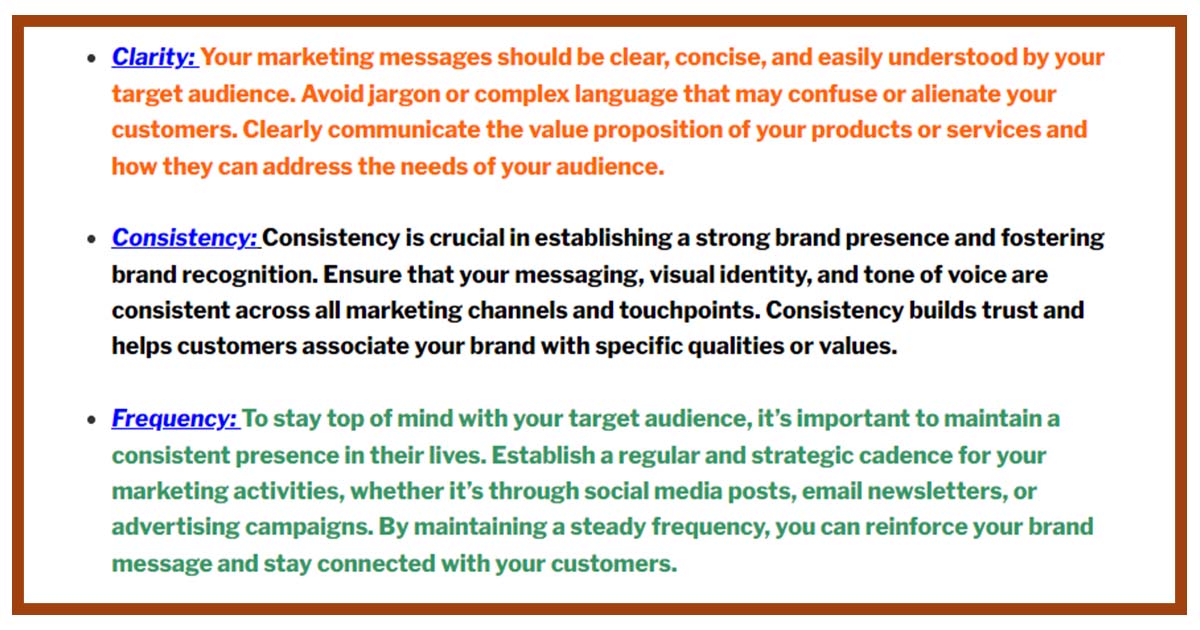
The Number 1 Rule in Marketing
While marketing encompasses a wide range of strategies and techniques, there is one rule that stands above all others: Know Your Audience. Understanding your target audience is the foundation of successful marketing.
By thoroughly researching and analyzing your audience, you can tailor your marketing efforts to resonate with their specific needs, preferences, and aspirations. This knowledge allows you to craft compelling messages, select the most appropriate marketing channels, and develop products or services that truly address their pain points.
The Number 1 Rule in Marketing emphasizes the importance of ongoing audience research and staying attuned to their evolving needs and behaviors. By continuously monitoring and adapting your strategies to meet the demands of your audience, you can stay ahead of the competition and drive sustainable growth for your business.
Emerging Trends and Tips for Future-proof Marketing
The marketing tips for 2023 and beyond, such as embracing personalized marketing, and leveraging video content, all play vital roles in SEO in modern marketing.
Marketing Tips for 2023 and Beyond
The field of marketing is constantly evolving, driven by advancements in technology and changing consumer behaviors. To stay ahead in this dynamic landscape, it’s essential to keep up with emerging trends and adopt strategies that can future-proof your marketing efforts. Here are some marketing tips for 2023 and beyond:
-
- Embrace personalized marketing: Consumers now expect personalized experiences and tailored messaging. Leverage data and technology to segment your audience and deliver personalized content, recommendations, and offers.
- Harness the power of video: Video content continues to dominate online platforms and social media. Incorporate video marketing into your strategy to engage and captivate your audience. Consider live streaming, video tutorials, product demonstrations, and behind-the-scenes footage.
- Leverage artificial intelligence (AI): AI-powered tools and technologies offer new opportunities in marketing automation, chatbots, customer insights, and predictive analytics. Explore AI applications that can streamline your processes, enhance customer experiences, and drive better marketing outcomes.
- Optimize for voice search: With the rise of voice assistants and smart devices, optimizing your content for voice search is crucial. Focus on long-tail keywords, conversational language, and structured data to improve your visibility in voice search results.
- Invest in influencer marketing: Influencer marketing continues to be a powerful strategy for reaching and influencing target audiences. Identify relevant influencers in your industry and collaborate on authentic and engaging campaigns that resonate with your target market.

The Role of SEO in Modern Marketing
In today’s digital landscape, search engine optimization (SEO) plays a pivotal role in ensuring the visibility and success of your marketing efforts. SEO involves optimizing your website, content, and online presence to rank higher in search engine results pages (SERPs). Here’s why SEO is essential in modern marketing:
-
- Increased visibility and organic traffic: A strong SEO strategy improves your website’s visibility in search results, driving organic traffic from users actively seeking information, products, or services related to your business.
- Enhanced user experience: SEO focuses on optimizing your website’s structure, navigation, and content to provide a seamless and user-friendly experience. This leads to higher engagement, longer website visits, and increased conversions.
- Targeted and relevant traffic: By targeting specific keywords and optimizing your content, SEO helps attract highly relevant traffic that is more likely to convert into customers. It ensures that your website is visible to users actively searching for what you offer.
- Builds credibility and trust: Higher search rankings and visibility contribute to establishing your brand as a credible and trusted authority in your industry. Users often perceive websites that rank well in search results as more reputable and reliable.
- Cost-effective long-term strategy: Compared to paid advertising, SEO provides a long-term, sustainable marketing approach. While it requires time and effort, the benefits of organic search traffic can continue to drive results over time.
Conclusion
In conclusion, marketing advice is a powerful tool that can help businesses of all sizes and types succeed in the competitive landscape. By understanding your audience, implementing effective techniques, and staying ahead of emerging trends, you can position your brand for long-term success.

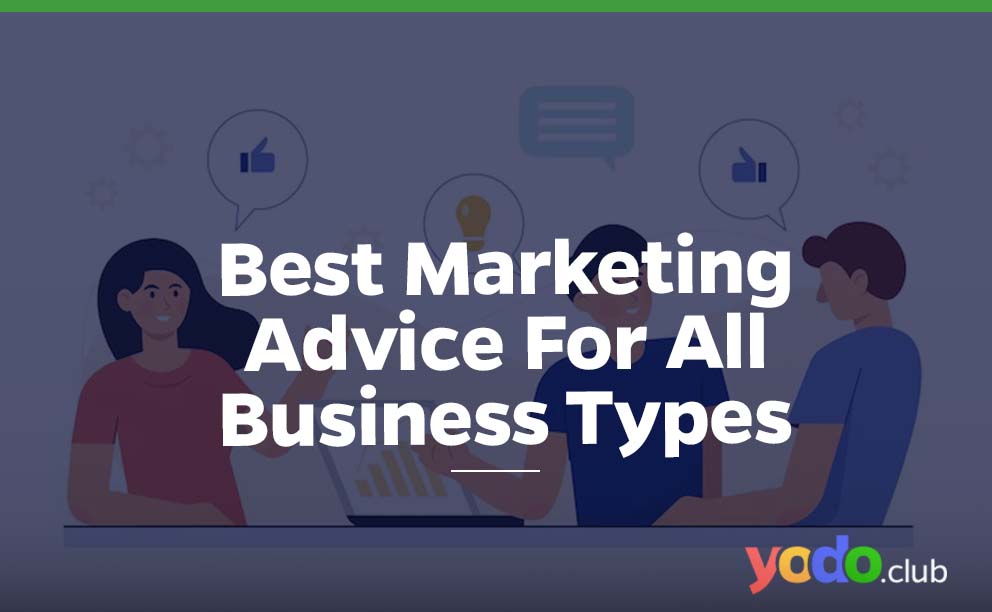

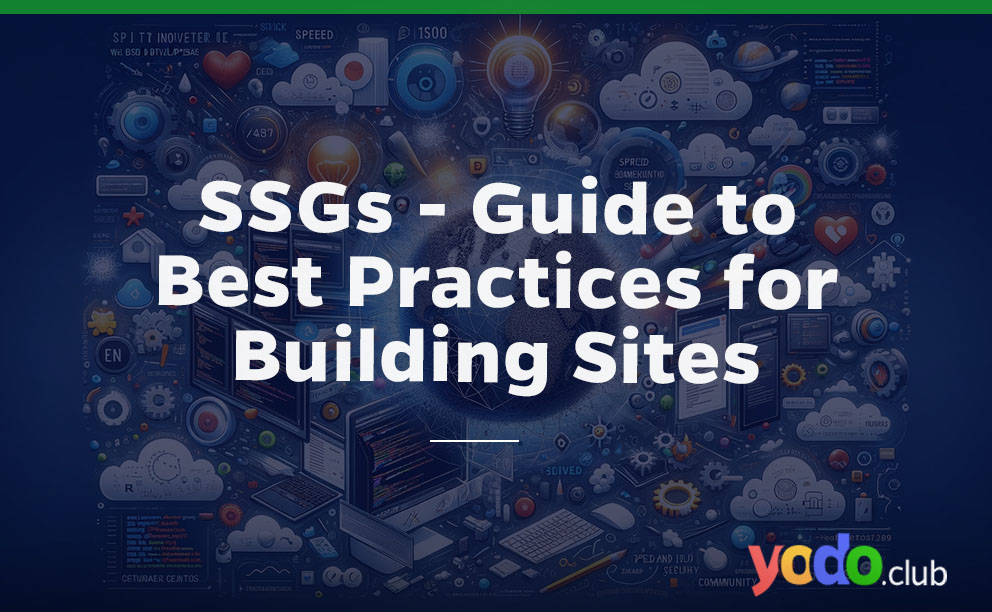
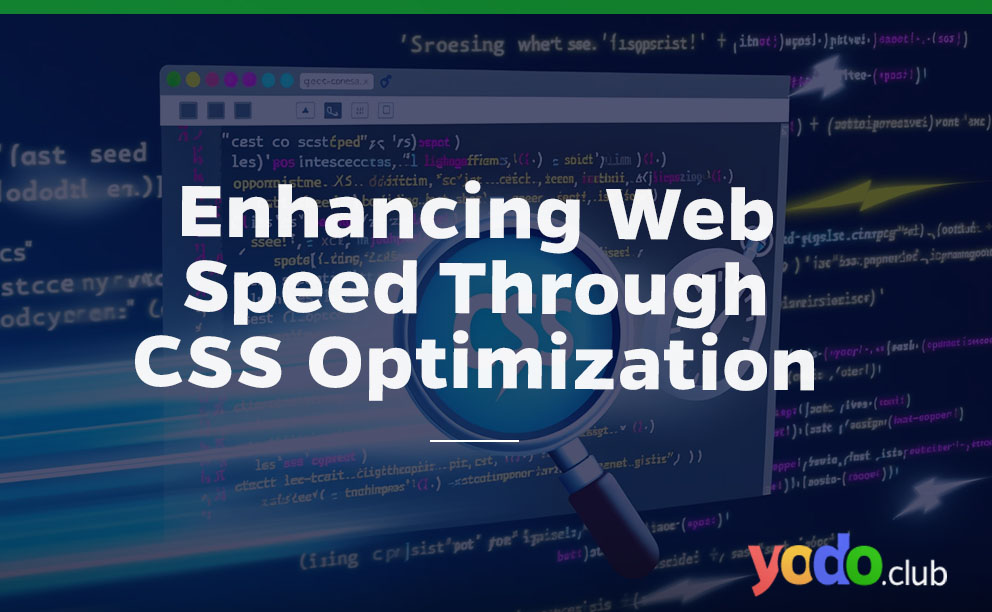

 & Passion.
& Passion.